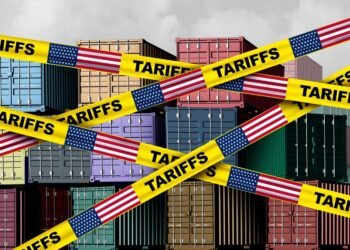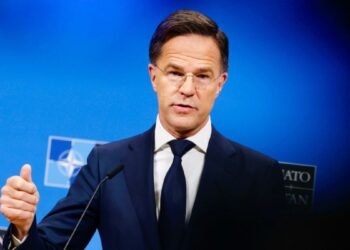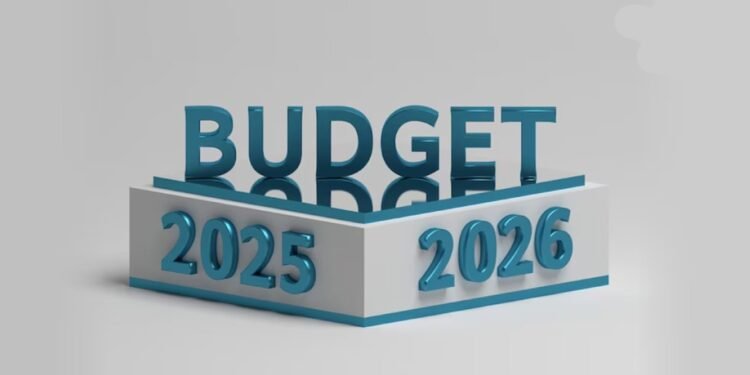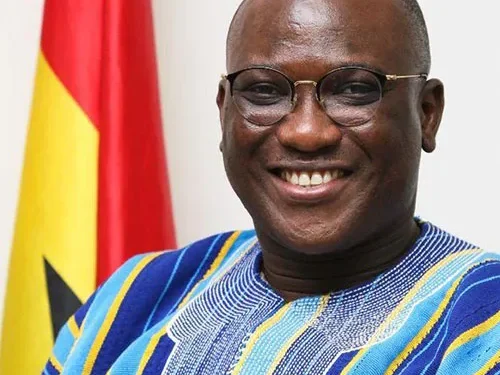The International Monetary Fund (IMF) has advised all governments to raise revenue to cater to their urgent needs.
According to the IMF, the fight against poverty has suffered setbacks, especially in emerging markets and low-income countries. Relative to pre-pandemic trends, the COVID-19 crisis pushed 70 million more people into extreme poverty in 2021. Just as increasing vaccinations offered hope, Russia’s invasion of Ukraine disrupted the global economic recovery.
One of the most visible global effects has been the acceleration of energy and food prices, triggering concerns about episodes of food shortages and increasing the risks of malnutrition and social unrest. According to the Food and Agriculture Organization of the United Nations, world food prices surged by 33.6 percent in March from a year earlier.
In advanced economies, deficits are projected to decline, and policies shift from pandemic support to structural transformation. In most emerging markets, deficits will narrow, but with significant variations across countries. Low-income countries, already suffering from the pandemic, have minimal fiscal space as spillovers from the war hard-hit them.
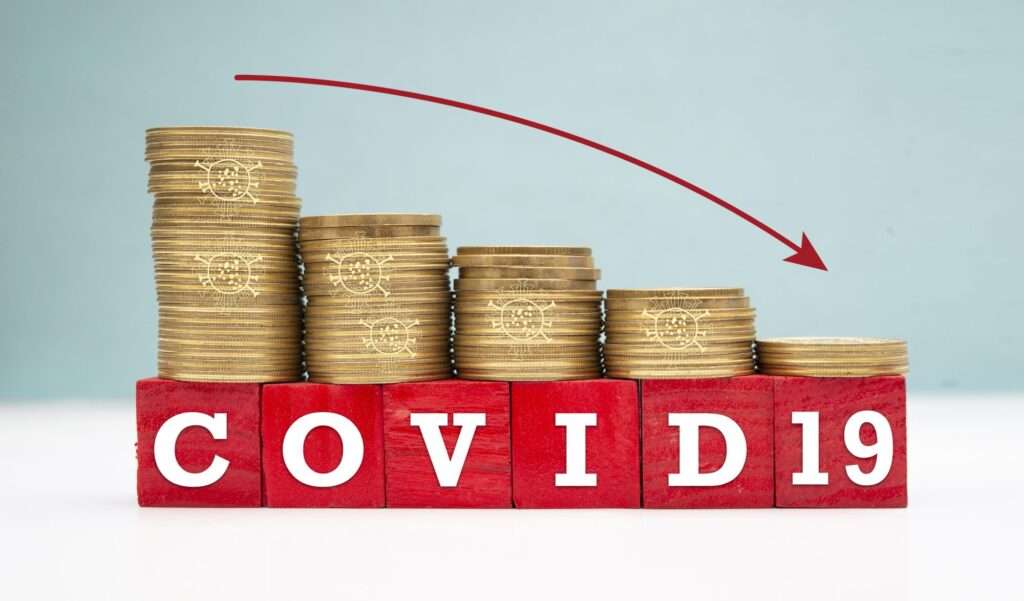
The highly uncertain fiscal outlook
The different shocks have also brought new risks to public finances. Governments are under pressure to deal with the rising energy and food prices. To alleviate the burden on households, ensure food security, and preempt social unrest, most governments have announced measures to limit the rise in domestic prices.
However, such actions could have high fiscal costs and exacerbate global demand and supply mismatches, putting further pressure on international prices and possibly leading to energy or food shortages. This would further hurt low-income countries that rely on imported energy and food.
Economies worldwide have accumulated layer upon layer of legacies from past shocks since the global financial crisis. In response to the pandemic, extraordinary fiscal actions led to a surge in fiscal deficits and public debt in 2020.
Moreover, the outlook remained uncertain as the world navigated an unprecedented environment, with rising inflation and increasing divergence in recoveries—and then Russia invaded Ukraine, pushing geopolitical risks sharply up.
Managing crisis
The IMF has advised countries to be less frugal in spending to raise enough revenues.
“In the economies hardest hit by the war in Ukraine and sanctions on Russia, fiscal policy needs to respond to the humanitarian crisis and economic disruptions. Given rising inflation and interest rates, budgetary support should be targeted to those most affected and priority areas. In nations with more robust growth and inflation pressures remain elevated, fiscal policy should continue its shift from support to normalization. In many emerging markets and low-income economies facing tight financing conditions or the risk of debt distress, governments will need to prioritize spending and raise revenues to reduce vulnerabilities.”
IMF
Furthermore, commodity exporters that benefit from higher prices should seize the opportunity to rebuild buffers, the IMF added.
Government responses to the surge in international commodity prices should prioritize protecting the most vulnerable. A critical objective is to avoid a food crisis while keeping social cohesion. Countries with well-developed social safety nets could deploy targeted and temporary cash transfers to vulnerable groups while allowing domestic prices to adjust. This will limit budgetary pressures and create the right incentives to increase supply (such as investing in renewable energy). Other countries could allow a more gradual adjustment of domestic prices and use existing tools to help the most vulnerable during this crisis while taking steps to strengthen safety nets.
But the need for collective action is broader. Global cooperation is necessary to tackle pressing and urgent problems the world faces; energy and food crises, current and future pandemics, debt, development, and climate change.
READ ALSO: We-Fi Announces New Round Of Funding For Women Entrepreneurs






